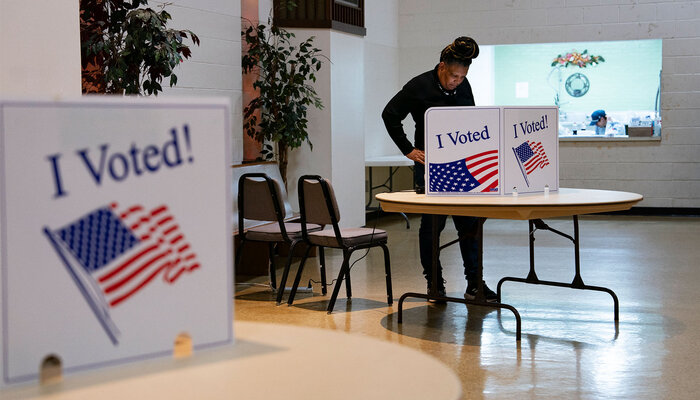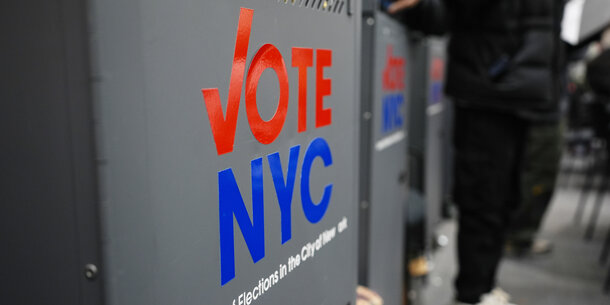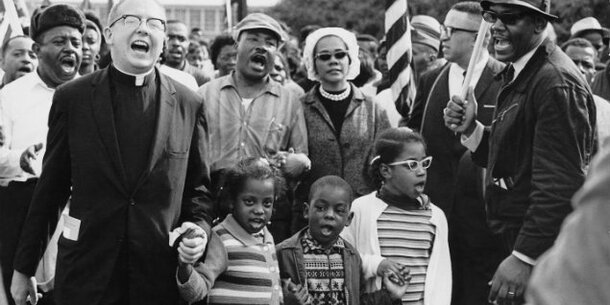New laws in effect for the 2024 election: 2 restrictive, 6 interference-related, 1 expansive
Georgia has made it harder to vote and facilitated election interference.
In early 2021, the Georgia legislature passed Senate Bill 202. This 98-page law takes aim at all sorts of ways people vote. On mail voting, it cuts the window to request a ballot by more than half, requires counties to wait longer to mail out ballots, establishes new ID rules, bars officials from mailing ballots that voters have not requested, and severely restricts the availability of drop box locations and hours (especially in large cities).
The law also makes it harder for voters who go to the wrong precinct to have their ballots counted and it bans mobile voting centers. Many of these provisions are in response to the 2020 election, when Georgians voted by mail in unprecedented numbers and certain areas (like Fulton County, which includes most of Atlanta) widely distributed drop boxes and brought mobile voting centers to churches, parks, and libraries.
S.B. 202 has faced extensive litigation. A federal court blocked provisions that banned giving food and water to voters waiting in line and required voters to write their birth dates on absentee ballot envelopes, although the food and water decision is currently on appeal. That means the law will be almost entirely in force for this year’s election, where it may have far-reaching disenfranchising effects. The other restrictive law makes it easier to remove eligible voters from the rolls through voter challenges.
Georgia has also enacted six interference laws, including S.B. 202. These laws increase partisanship on the State Election Board and give the newly partisan State Election Board authority to meddle with local election boards, grant the Georgia Bureau of Investigation authority to investigate election issues and recommend them for prosecution,and criminalize election officials taking private grants for running elections.Three of the laws replace the members of county election boards with partisan appointments.
In addition to those three laws, Georgia enacted several laws in 2021 to restructure local boards of election. These laws may have qualified as interference legislation when they were passed. However, the Brennan Center only began comprehensively tracking this category of legislation in January 2022. These types of laws, whether passed in 2021 or 2022, have led to the ouster of Black election officials across the state; in turn, the new boards have taken actions that negatively affect Black voters such as eliminating Sunday voting hours.
The lone expansive law extends state employees’ paid time off for voting to include in-person early voting.






